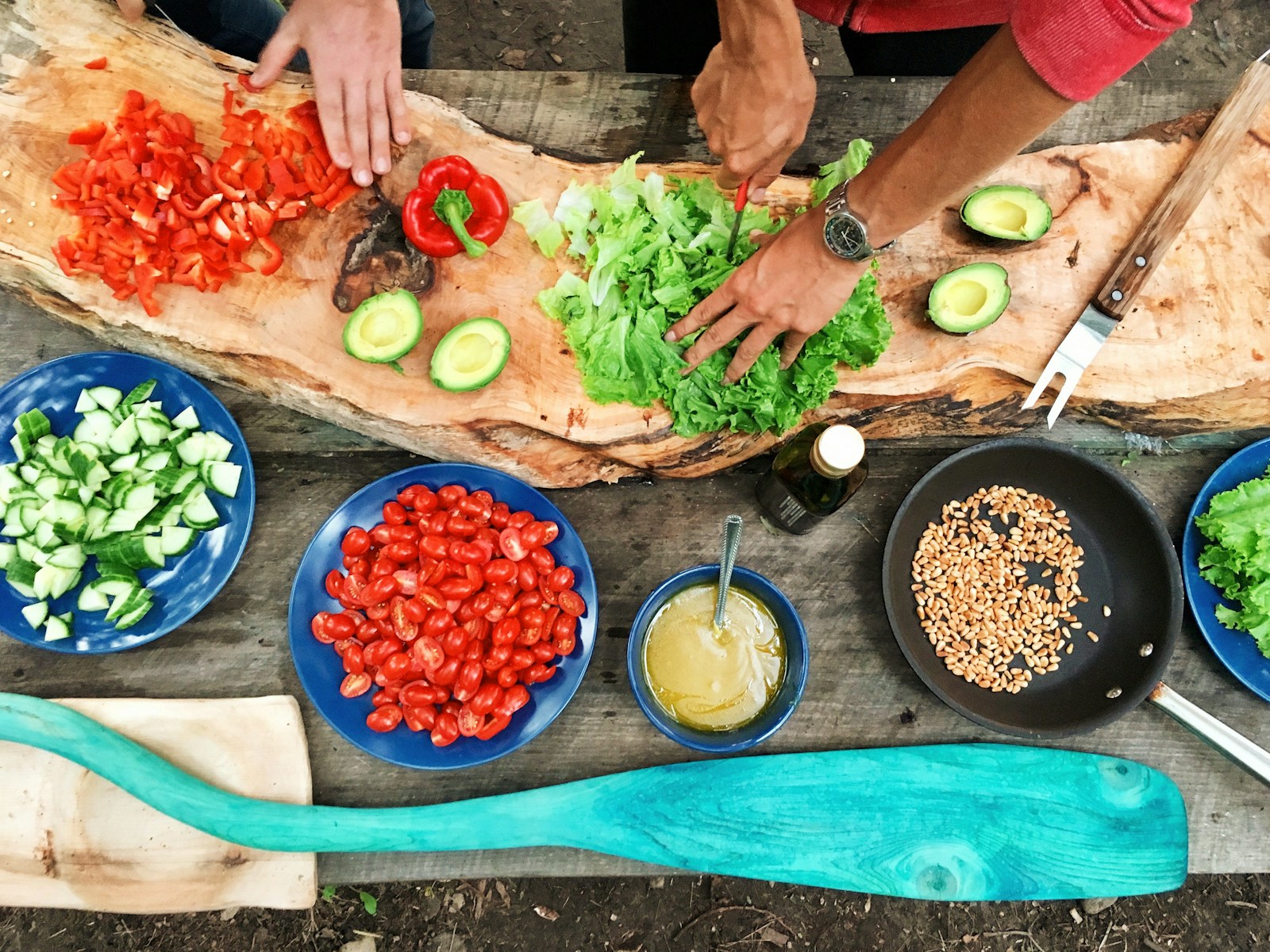Getting Started Guide for Cooking at Home
Introduction:
Cooking at home is a delightful and rewarding endeavor that allows you to experiment with flavors, control your ingredients, and create delicious meals. Whether you’re a novice or looking to refine your culinary skills, starting with the basics will set you on a flavorful journey.
Average Starting Cost:
Average Starting Cost: The initial investment can range from $50 to $200, covering essential kitchen tools, utensils, and basic ingredients. However, there are more budget-friendly alternatives available.
Cheaper Alternatives:
- Kitchen Tools: Opt for budget-friendly versions of essential tools. Discount stores often offer quality options at a lower cost.
- Ingredients: Purchase generic or store-brand pantry staples. Buy spices in bulk to save money in the long run.
Average Time Commitment:
The time commitment for home cooking varies depending on the complexity of recipes. On average, plan for 30 minutes to an hour for simpler dishes. For time-strapped days, quick and easy recipes can be prepared in under 30 minutes.
First Steps to Take:
- Assess Your Kitchen: Ensure you have basic kitchen essentials such as a knife, cutting board, pots, pans, and utensils. Consider second-hand stores or online marketplaces for cost-effective kitchenware.
- Stock Your Pantry: Begin with affordable pantry staples like rice, pasta, canned tomatoes, and beans. Purchase fresh produce in smaller quantities to reduce waste.
- Start with Simple Recipes: Begin with straightforward recipes that require minimal ingredients and preparation. Master basic techniques like chopping, sautéing, and boiling.
- Learn Basic Techniques: Familiarize yourself with fundamental techniques through online tutorials or beginner cookbooks. Practice chopping, dicing, and sautéing to build confidence.
- Follow Beginner-Friendly Recipes: Explore beginner-friendly recipes from reputable sources. Look for those with clear instructions, minimal ingredients, and short preparation times.
Additional Resources:
- Online Platforms: Explore platforms like YouTube, where chefs share beginner-friendly cooking tutorials. Channels like Tasty and Bon Appétit offer diverse recipes and techniques.
- Apps: Utilize cooking apps with step-by-step instructions, such as Tasty, AllRecipes, or Yummly.
- Community Cooking Classes: Check for local community centers or online classes that offer budget-friendly or free cooking classes.
Communities:
r/cooking (Reddit)
Food52 Hotline
Allrecipes Community
Serious Eats – Talk
CookingForums.net
FAQs:
Q: How can I save money on ingredients? A: Purchase seasonal produce, buy in bulk when possible, and consider frozen vegetables as a cost-effective alternative.
Q: What if I don’t have a well-equipped kitchen? A: Start with the basics and gradually invest in additional tools. Look for second-hand kitchenware or consider borrowing from friends or family.
Q: How do I make cooking more efficient on busy days? A: Plan meals in advance, prep ingredients ahead of time, and explore one-pot or sheet pan recipes for quick and easy cleanup.
Remember, the joy of cooking comes from experimentation and practice. Enjoy the process, and don’t be afraid to put your unique spin on recipes!
